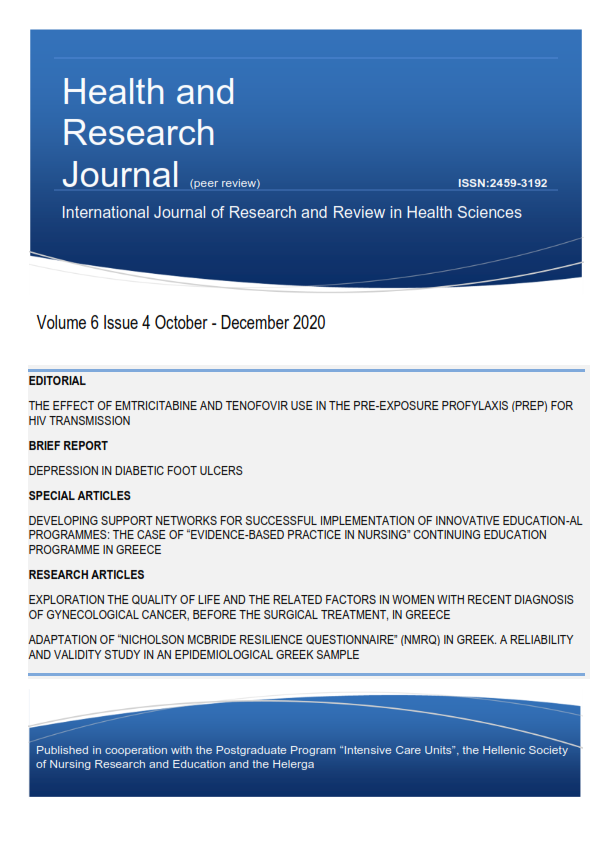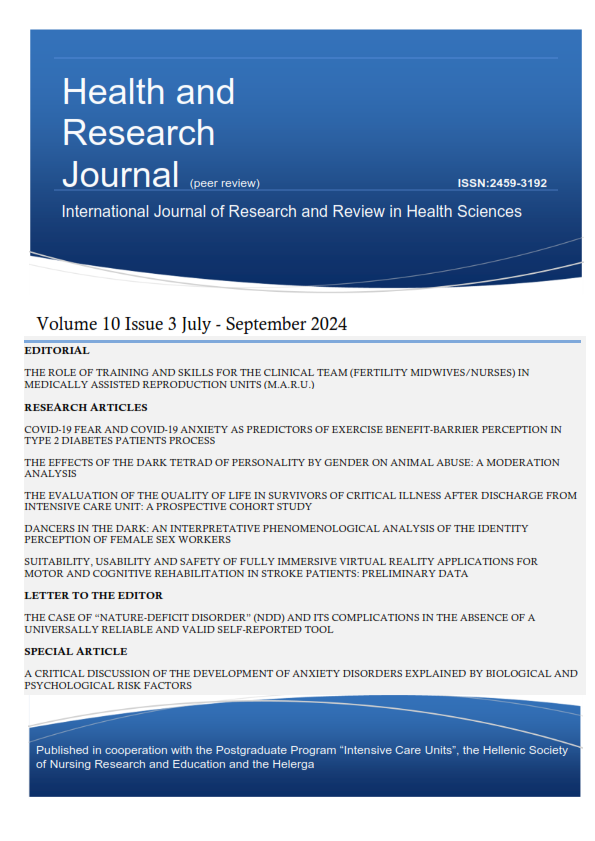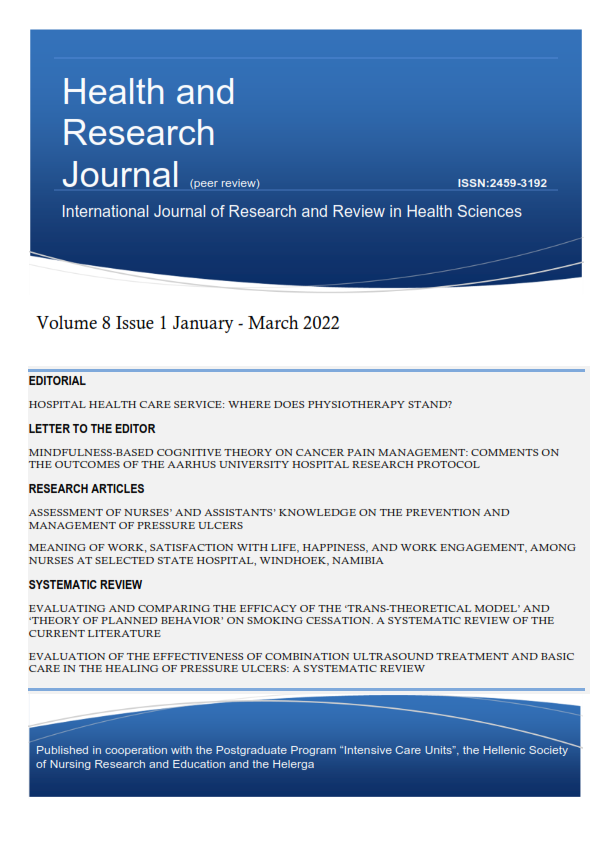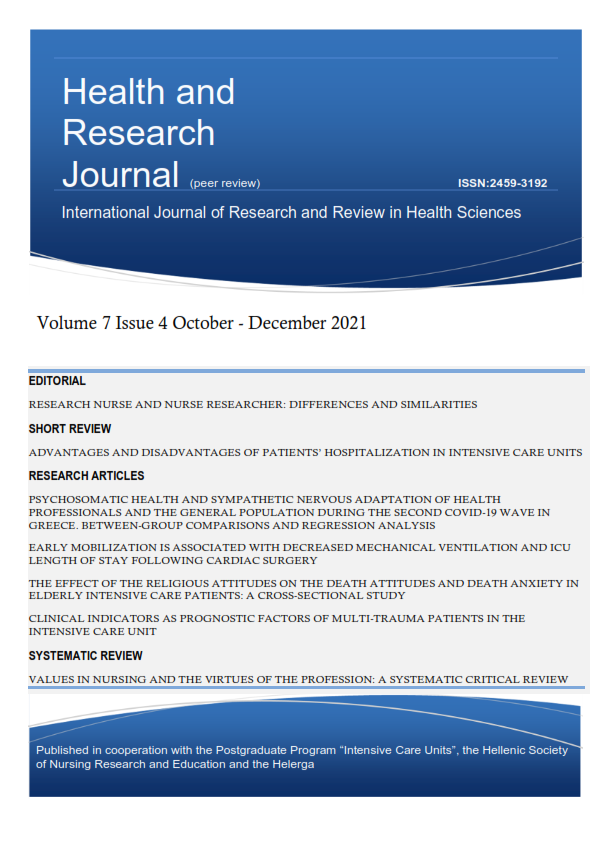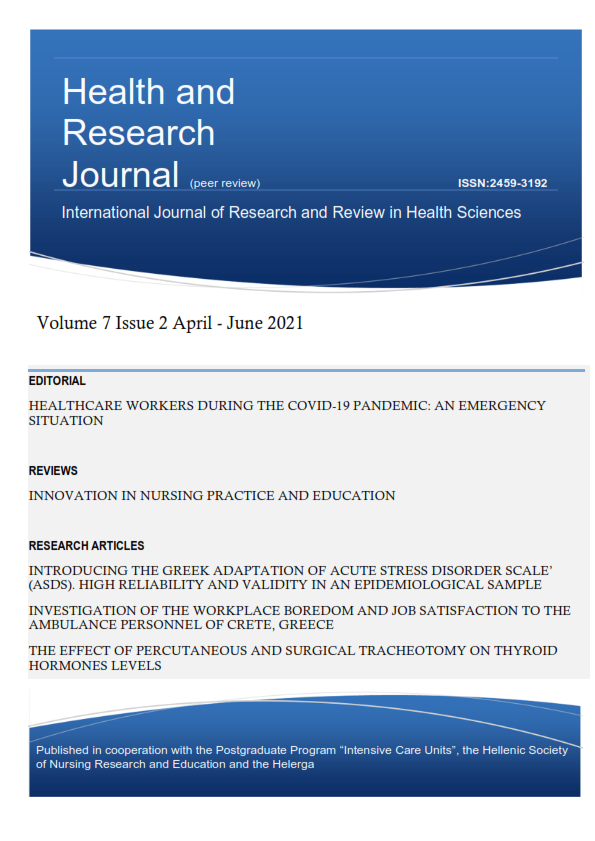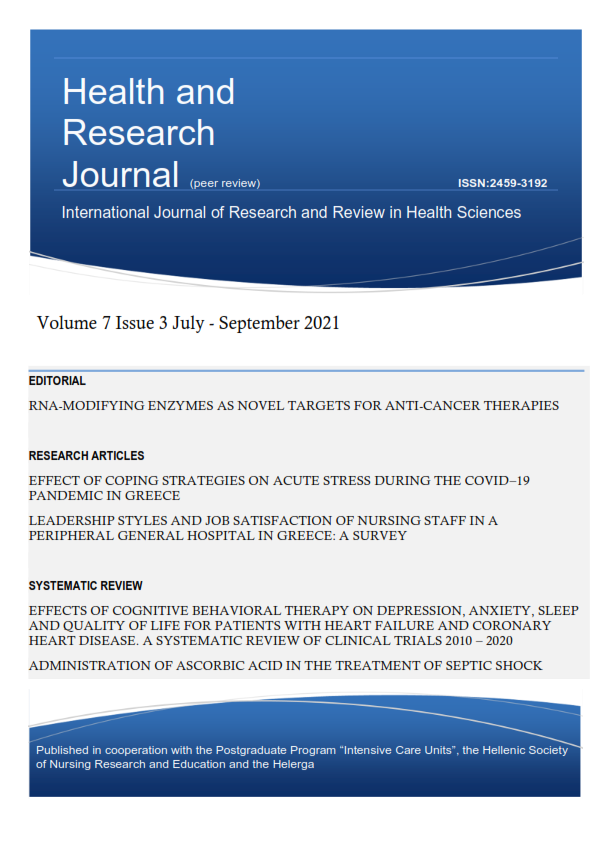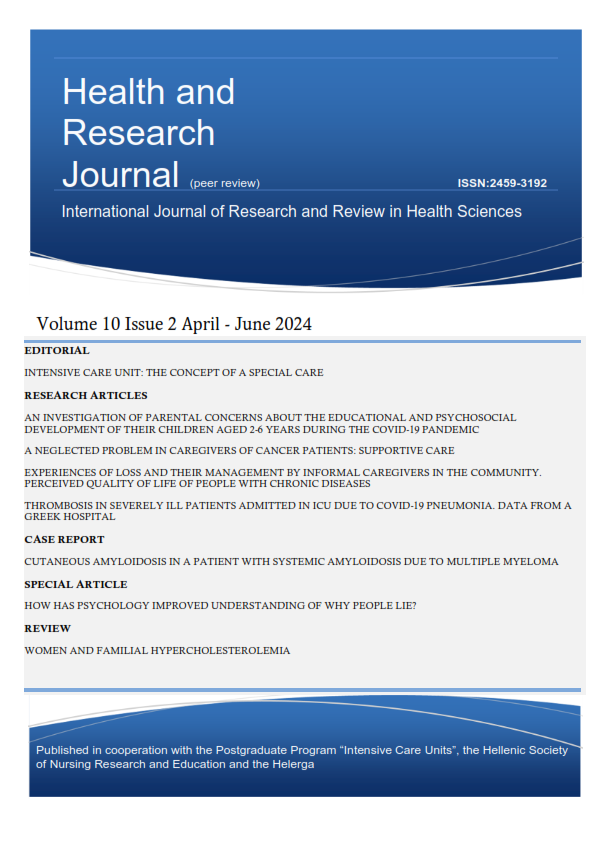The influence of canned laughter in the sense of humor of healthy Greek adults. A pilot study with debatable results.
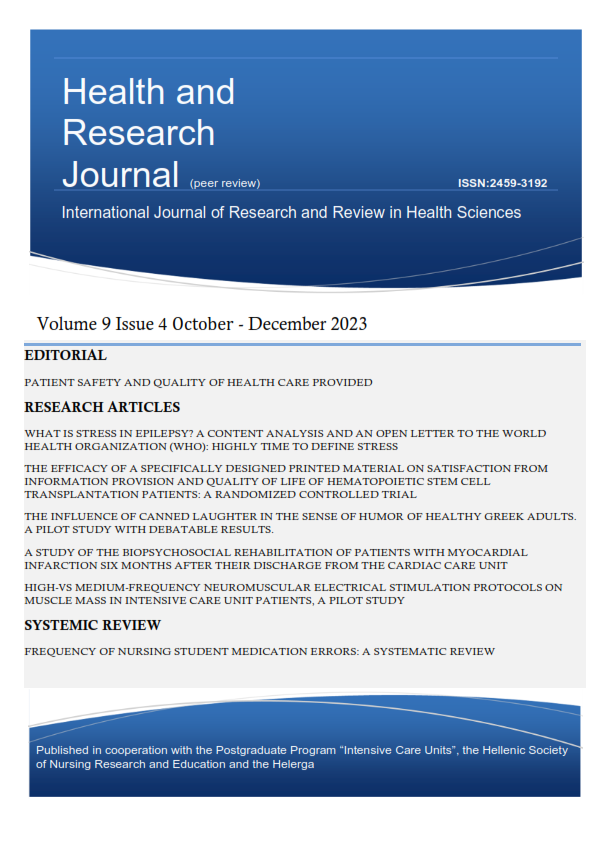
Abstract
Background: Humor is the individual’s perception of something interpreted as funny. It is usually accompanied by emotional and vocal reactions, such as laughter. Scientists have long studied the factors that can influence this response and have argued whether it is contagious. Canned laughter is widespread in American situation comedies, but does it influence the sense of humor of the audience? To test this question, much research has been conducted, but the findings remain controversial.
Method and Material: This laid the foundations to create a study on healthy Greek adult population to examine the influence of canned laughter on their sense of humor, using independent sample test comparison in SPSS software. Thirty individuals were recruited through the convinent sampling method and participated in the study. Half of them watched a video with canned laughter in the background (M=6.53, SD=2.1), whereas the rest watched a video without canned laughter (M=5.46, SD=1.77). Then they were asked to evaluate the comicality of the video on a Likert scale.
Results: The data was collected with the use of questionaries and the statistical analysis was conducted in SPSS. The results showed that there were no significant differences in the means of the two groups, concluding that there was not a direct influence of canned laughter on the humor of the participants, t(28)= -1.505, p= .868
Conclusion: Great limitations to this study were the sampling method, the language of the videos that were not in the native language of the participants, and the tendency of the participants to respond with socially liked answers.
Article Details
- How to Cite
-
Vichou, M. D., Neila, A., Gavala, O., Kotidou, F. D., Pilafas, G., & Louka, P. (2023). The influence of canned laughter in the sense of humor of healthy Greek adults. A pilot study with debatable results. Health & Research Journal, 9(4), 201–204. https://doi.org/10.12681/healthresj.34139
- Section
- Original Articles
Copyright notice:
Authors retain copyright of their work and grant the Health and Research Journal the right of first publication.
License:
Articles are published under the Creative Commons Attribution 4.0 International License (CC BY 4.0). This license permits use, sharing, adaptation, distribution, and reproduction in any medium or format, including for commercial purposes, provided that appropriate credit is given to the author(s) and the original publication in this journal, a link to the license is provided, and any changes are indicated.
Attribution requirement:
Any reuse must include the article citation and DOI (where available), and indicate if changes were made.



